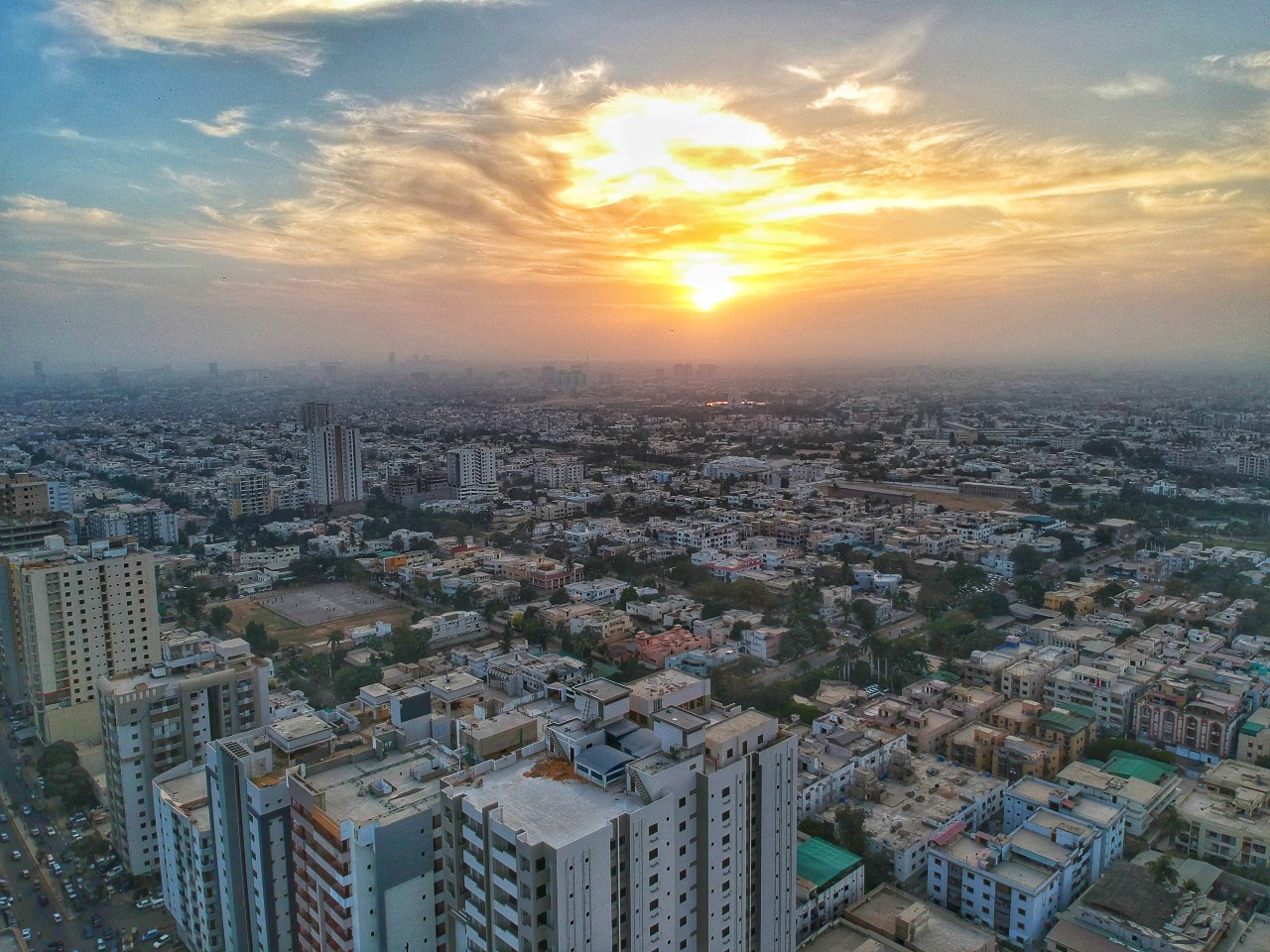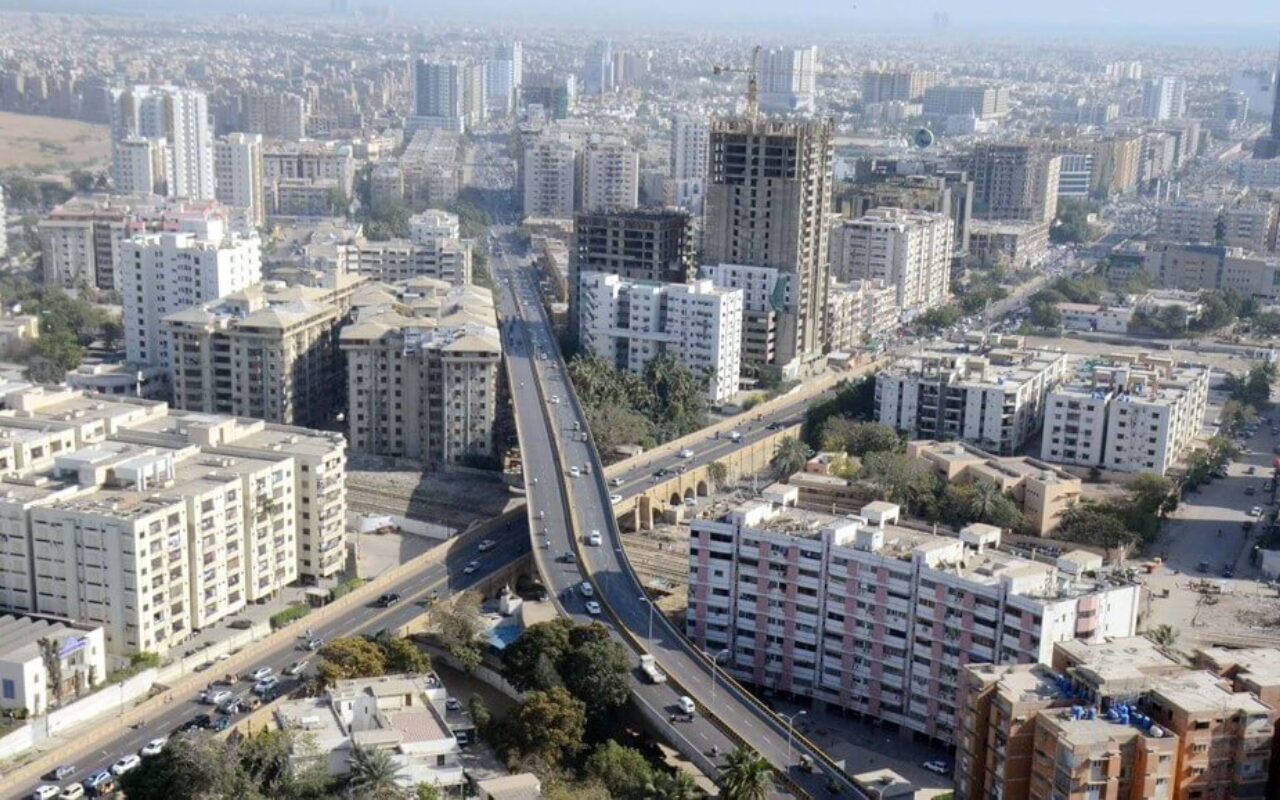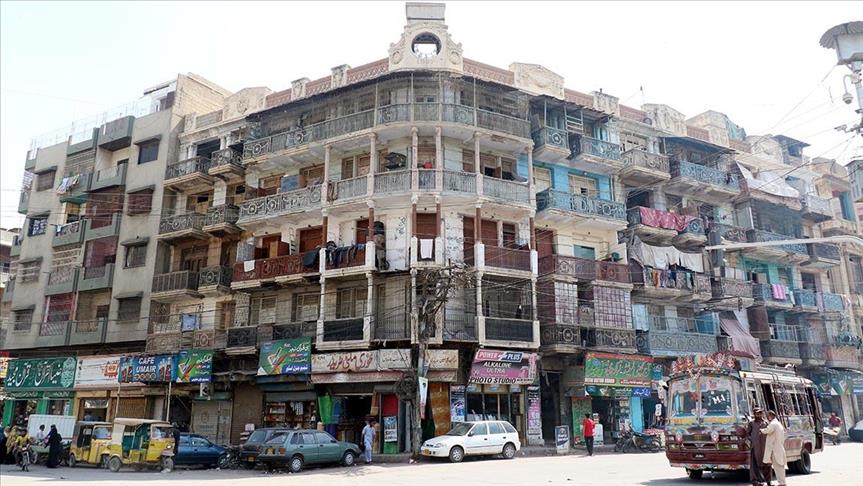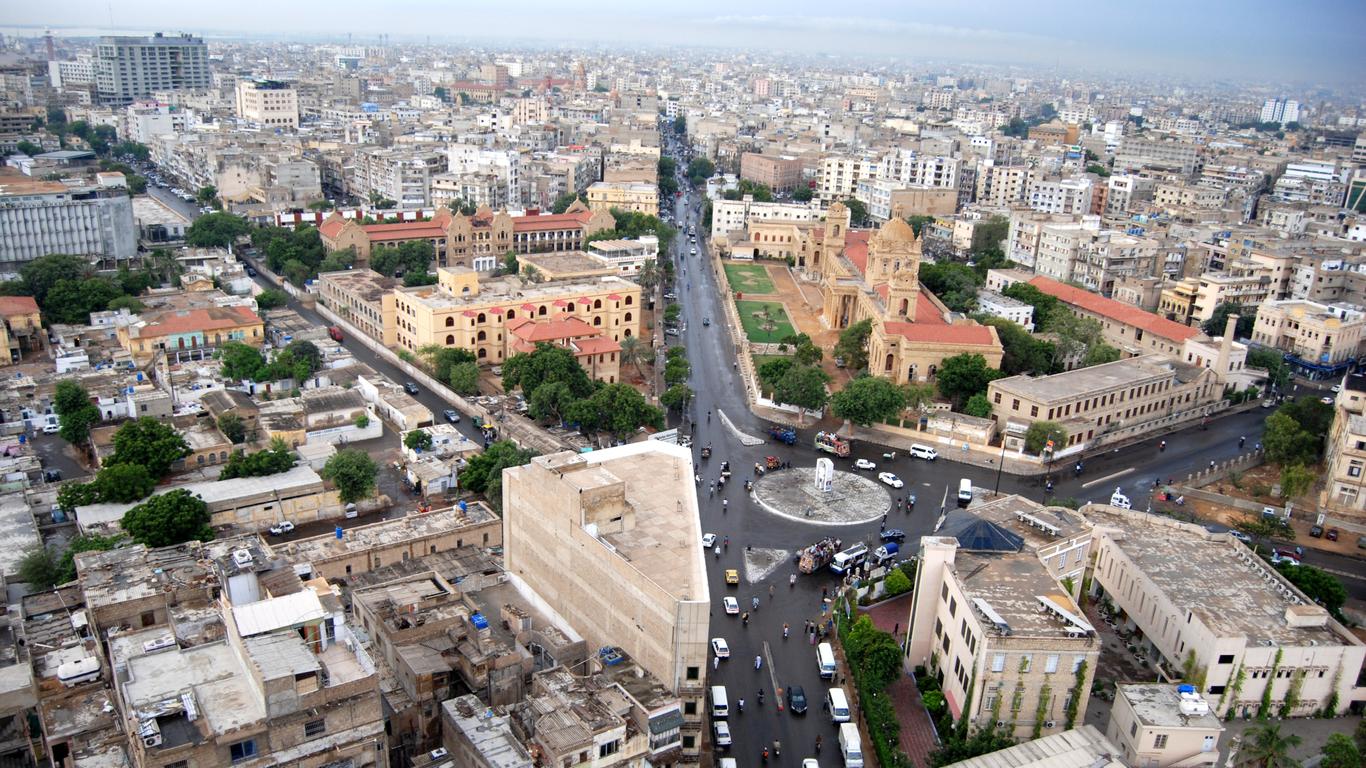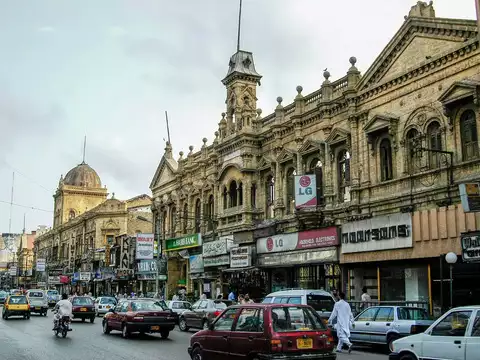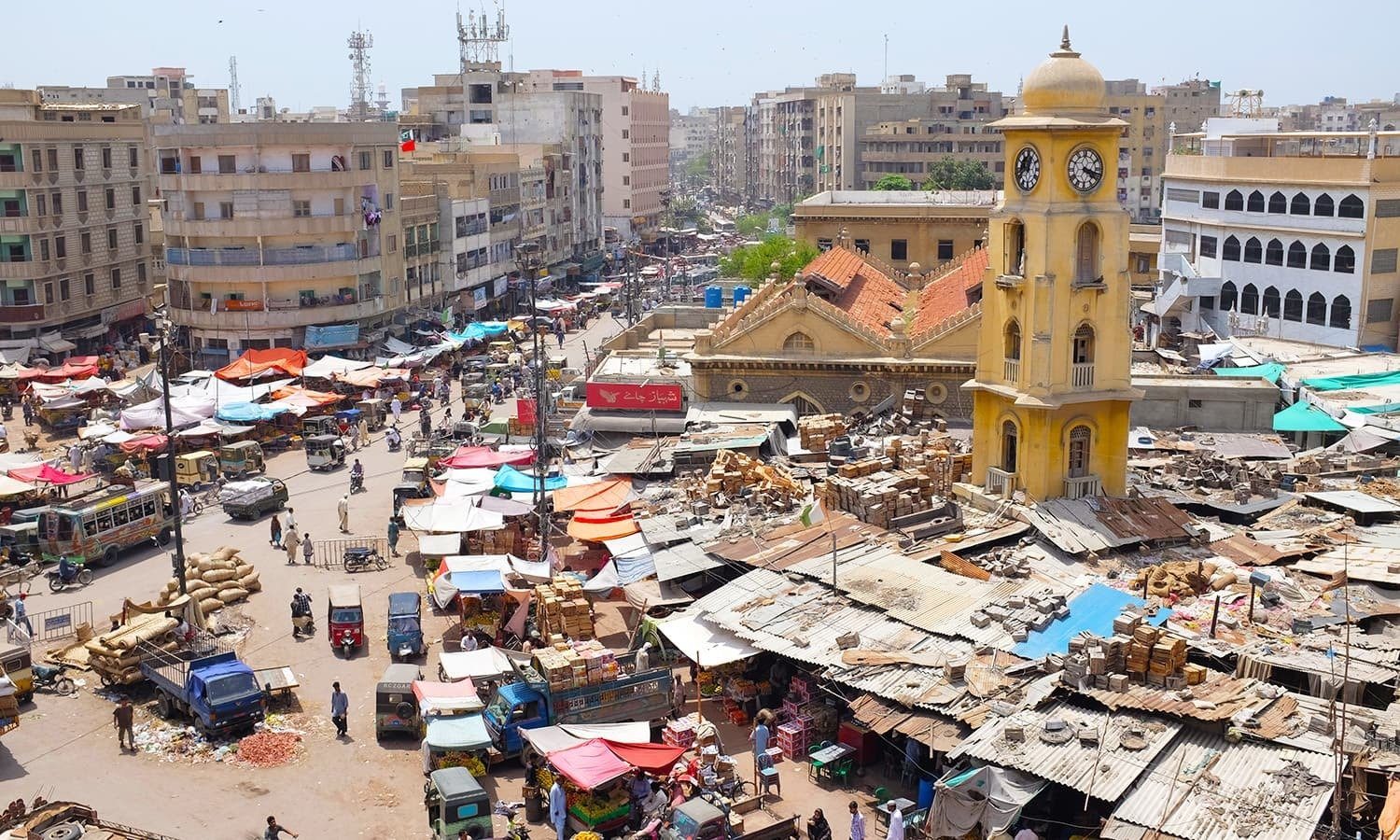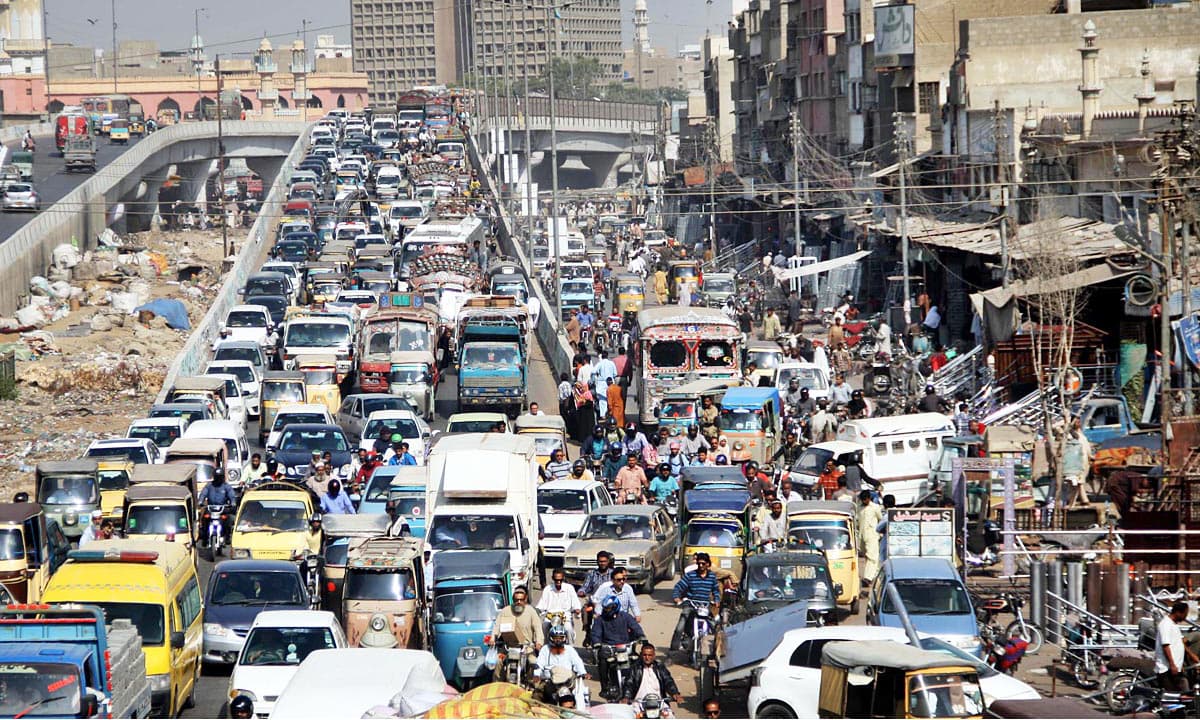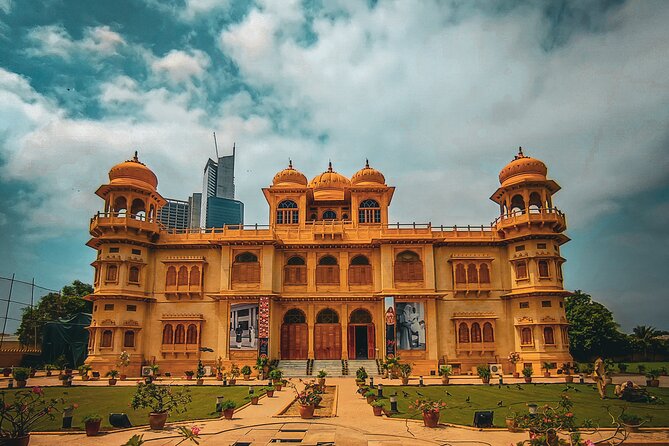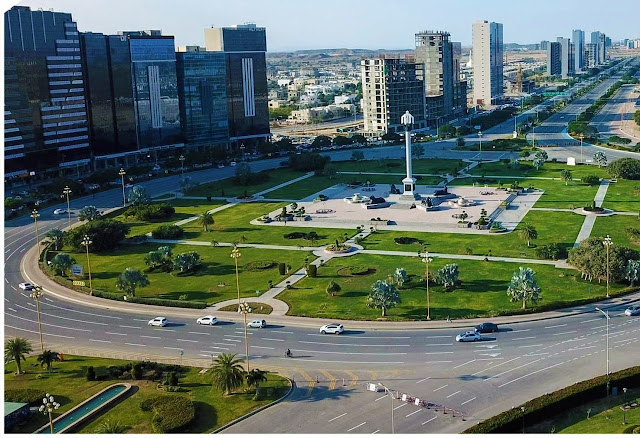
About the Karachi
The City of Lights
Karachi, the largest city in Pakistan and its economic powerhouse, is a sprawling metropolis located along the Arabian Sea. With a population exceeding 20 million, it is one of the most populous cities in the world. Known as the "City of Lights," Karachi is a dynamic blend of cultures, ethnicities, traditions, and modernity. It is the heartbeat of Pakistan's commerce, fashion, arts, and politics, offering a unique urban experience that stands apart from any other city in the country.
Historical Background
Karachi's origins can be traced back to a small fishing village called Kolachi, established in the early 18th century. Its natural harbor soon attracted attention from traders and colonists. The British East India Company captured the area in 1839, transforming Karachi into a strategic port city. By the time Pakistan gained independence in 1947, Karachi had already evolved into a vibrant urban center. It was initially chosen as the capital of the newly formed country and played a central role in accommodating millions of migrants during the Partition.
Over the decades, Karachi has grown rapidly, both in size and influence. While the capital was later moved to Islamabad, Karachi remains the financial and industrial backbone of Pakistan.
A City of Diversity
Karachi is a true melting pot. People from all over Pakistan have settled here, bringing with them their unique languages, cuisines, customs, and traditions. Sindhis, Punjabis, Balochis, Pashtuns, Muhajirs, and communities from Gilgit-Baltistan and Kashmir all coexist in this vibrant urban mix. Karachi is also home to religious minorities such as Christians, Hindus, Parsis, and Ismailis, making it one of the most culturally diverse cities in South Asia.
This diversity is reflected in the city's food, dress, festivals, and everyday life. Walking through the streets of Karachi, one can hear multiple languages spoken, see a wide variety of traditional clothing, and enjoy foods from different regions, all within a few blocks.
Economic Hub
Karachi is the financial capital of Pakistan, contributing a significant portion to the national GDP. It is home to the Pakistan Stock Exchange, major banks, multinational corporations, and industries ranging from textiles and pharmaceuticals to shipping and information technology.
The city houses two of Pakistan’s busiest ports—Port of Karachi and Port Qasim—through which a major share of the country’s trade passes. The Korangi and SITE industrial areas are buzzing with manufacturing units, while the commercial districts like I.I. Chundrigar Road and Clifton house the headquarters of leading businesses.
The presence of media houses, advertising agencies, tech startups, and fashion designers has also made Karachi the center of Pakistan’s creative economy. From Wall Street-style offices to roadside vendors, every level of business activity thrives here.
Cultural and Artistic Life
Karachi’s cultural life is rich and constantly evolving. The city hosts numerous art galleries, theaters, music festivals, and fashion shows. The National Academy of Performing Arts (NAPA) and Arts Council of Pakistan regularly organize theatrical productions, concerts, and workshops. Young artists, musicians, and filmmakers often find inspiration in Karachi’s dynamic environment.
The city is also a publishing hub, with newspapers, magazines, and journals produced daily in Urdu, English, and regional languages. Writers, poets, and intellectuals often gather in literary cafes or book festivals like the Karachi Literature Festival, which attracts global attention.
Karachi is also known for its vibrant fashion industry. Local designers showcase their collections in fashion weeks, making the city a trendsetter in Pakistani fashion.
Education and Institutions
Karachi is home to some of Pakistan’s most prestigious educational institutions. Universities like the University of Karachi, NED University of Engineering and Technology, Institute of Business Administration (IBA), and Aga Khan University offer high-quality education in various fields.
Numerous schools, colleges, and private institutions contribute to the city's status as an educational hub. The city also has world-class hospitals and research facilities, attracting students and professionals from across the country.
Food Scene
Karachi is a food lover’s paradise. From five-star restaurants to roadside dhabas, the city offers an unparalleled variety of cuisine. Traditional Pakistani dishes like biryani, nihari, haleem, and kebabs are local favorites.
The city's famous Burns Road is known for its classic street food offerings, while Boat Basin, Do Darya, and Zamzama provide diverse dining experiences in modern settings. International cuisines such as Chinese, Italian, Turkish, Middle Eastern, and Thai are widely available in upscale neighborhoods.
Karachiites are passionate about their food, and this is evident in the number of eateries and the popularity of food festivals that celebrate both local and global tastes.
Landmarks and Attractions
Karachi has many landmarks that reflect its historical, political, and cultural importance:
- Mazar-e-Quaid: The mausoleum of Muhammad Ali Jinnah, the founder of Pakistan, is an iconic structure in the heart of the city. It is surrounded by beautiful gardens and is visited by thousands each week.
- Clifton Beach: A popular spot for families, tourists, and locals, this beach offers horse rides, camel rides, and street food with views of the Arabian Sea.
- Mohatta Palace: A stunning example of Raj-era architecture, the palace now functions as a museum and art gallery.
- Empress Market: Built during the British colonial era, this market still bustles with life and offers everything from spices to household items.
- Pakistan Maritime Museum and Pakistan Air Force Museum: These interactive museums offer insights into the country's military and maritime history.
Urban Life and Challenges
Life in Karachi is fast-paced and full of energy. The city never truly sleeps, with activity continuing through the night in many areas. From shopping malls and cinemas to tea houses and late-night food spots, there is always something to do.
However, Karachi also faces numerous urban challenges. Traffic congestion, overpopulation, water shortages, and inadequate public transportation are persistent issues. The city has experienced ethnic and political violence in the past, though recent years have seen significant improvements in security and law enforcement.
Despite these challenges, Karachi's residents are known for their resilience. The city's vibrant spirit and entrepreneurial culture continue to drive it forward.
Festivals and Events
Karachi hosts a variety of festivals and events throughout the year. From Independence Day celebrations to Eid festivities, the city is always alive with color and energy. Basant, a spring kite-flying festival, although restricted, is still celebrated in certain areas.
Cultural events such as the Karachi Eat Food Festival, music concerts, art exhibitions, and film screenings draw large crowds and reflect the city's love for arts and entertainment.
Conclusion
Karachi is a city of contrasts—historic yet modern, chaotic yet captivating, challenging yet full of opportunities. It is a city where millions of stories unfold every day, where people from every corner of the country come to build dreams, and where the future of Pakistan continues to be shaped.
To truly understand Pakistan, one must experience Karachi. From its buzzing streets and seaside sunsets to its vibrant markets and cultural depth, the city leaves an indelible mark on all who visit. Karachi is not just a city—it is a living, breathing mosaic of history, diversity, and ambition.
Address: 1234, Napier Quarter, Karachi, Pakistan
